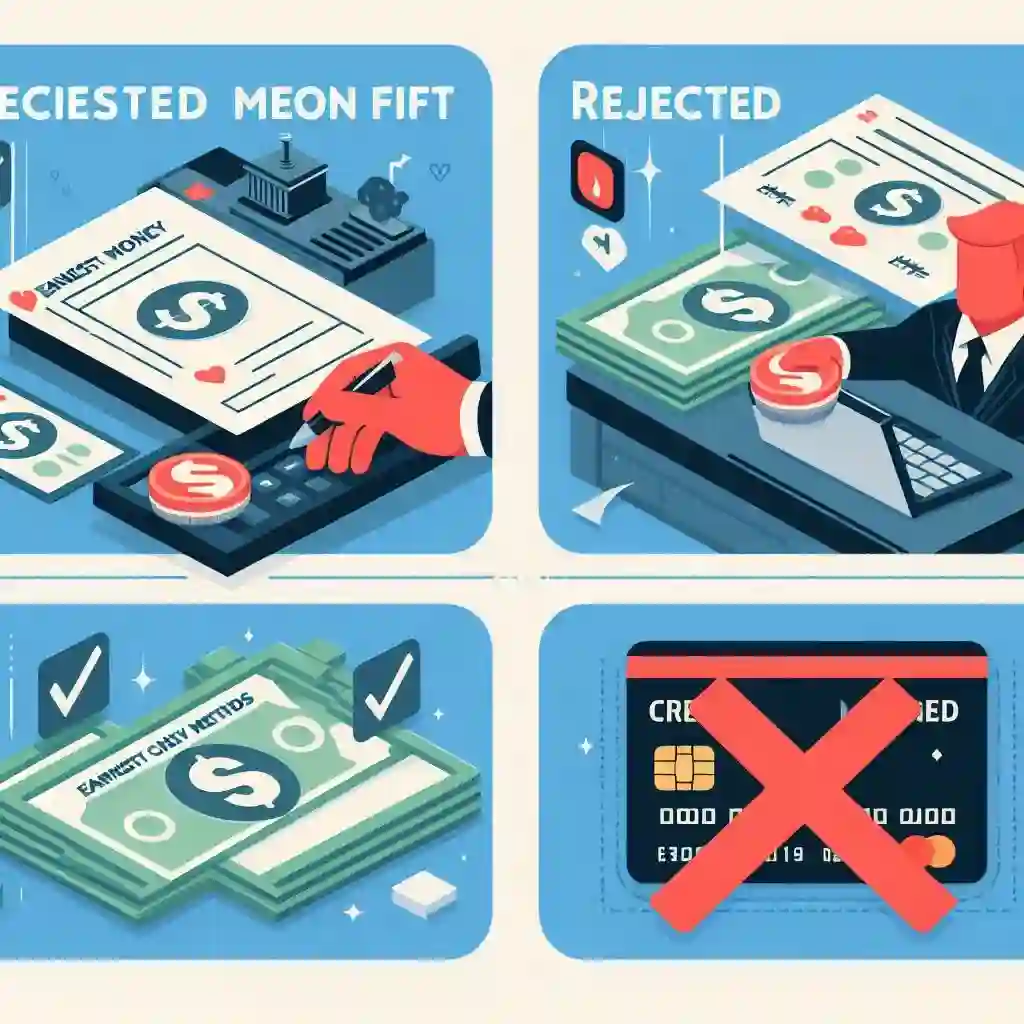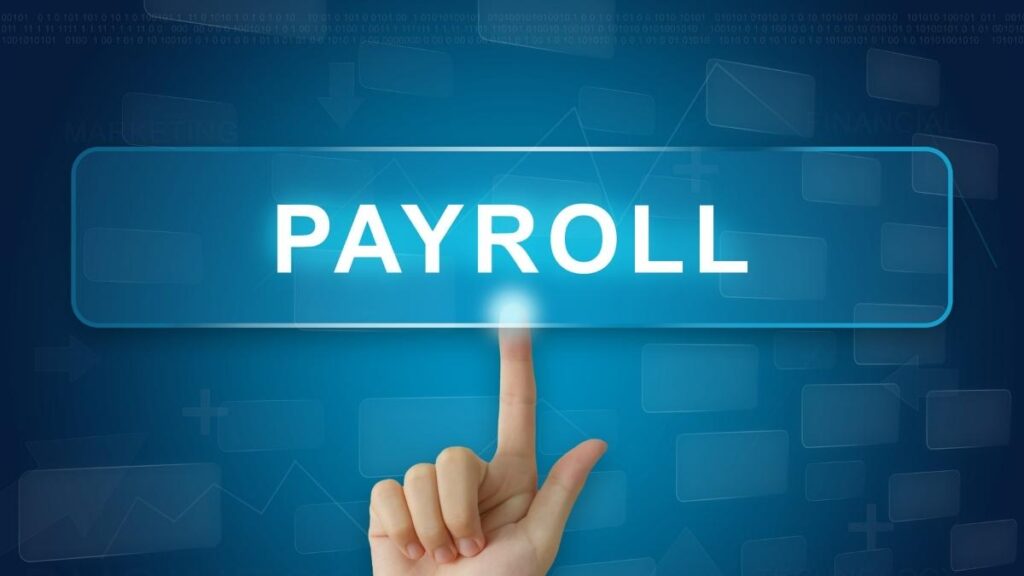Buying a home is a thrilling yet nerve-wracking experience, especially when you’re figuring out how to handle payments like earnest money. Many first-time homebuyers ask, can earnest money be paid by credit card? It’s a great question, as navigating earnest money deposit options can feel overwhelming. In this guide, we’ll break down what earnest money is, whether you can use a credit card to pay it, and what you need to know to make smart financial choices during your home-buying journey.

What Is Earnest Money in Real Estate?
Earnest money is a deposit you make when you submit an offer on a home. It’s like a promise to the seller that you’re serious about buying their property. This money is held in an escrow account—think of it as a neutral holding spot—until the home purchase is finalized or the deal falls through.
Why Do Homebuyers Pay It?
Earnest money shows sellers you’re committed. It’s a way to stand out in a competitive market, especially if multiple buyers are vying for the same house. If the sale goes through, your earnest money typically goes toward your down payment or closing costs. If the deal falls apart due to issues like a failed inspection (and your contract allows it), you may get the deposit back. But if you back out without a valid reason, the seller might keep it.
How Much Is Typically Required?
Earnest money usually ranges from 1% to 3% of the home’s purchase price, though it can vary. For a $300,000 home, that’s $3,000 to $9,000. In hot markets like San Francisco or New York, sellers might ask for 5% or more to weed out less serious buyers. The exact amount depends on local customs, the seller’s preferences, and your contract.
Can Earnest Money Be Paid by Credit Card?

So, can earnest money be paid by credit card? The short answer is: sometimes, but it’s rare. While credit cards are convenient for everyday purchases, using them for real estate transactions like earnest money isn’t common practice. Let’s dive into why.
Is It Common Practice?
Paying earnest money with a credit card isn’t standard in the U.S. real estate world. Most sellers, real estate agents, and escrow companies prefer traditional home buying payment methods like checks or wire transfers. These methods are straightforward, secure, and don’t come with the fees or risks associated with credit cards. However, in some cases, tech-savvy escrow companies or title agencies might accept cards, especially in regions with modernized processes.
Do Real Estate Agents or Escrow Companies Accept Cards?
Some escrow companies and real estate firms are starting to accept credit cards, especially with the rise of digital payment platforms. For example, companies like Escrow.com or certain title agencies might allow card payments for convenience. However, many traditional agents and firms stick to checks or wire transfers to avoid complications. Always check with your real estate agent or escrow officer to confirm their policies.
What Are the Risks or Fees Involved?
Using a credit card for earnest money comes with potential pitfalls:
- Processing Fees: Credit card transactions often carry fees of 2–3% (or more). For a $5,000 earnest money deposit, that’s $100–$150 in fees, which you’d likely pay.
- Debt Risk: Charging a large sum to your credit card could increase your credit utilization ratio, potentially lowering your credit score right when you need it for mortgage approval.
- Seller Skepticism: Some sellers may see credit card payments as less reliable, worrying you might dispute the charge if the deal falls through.
- Escrow Limitations: Many escrow companies don’t have the infrastructure to process credit cards, or they avoid them to reduce fraud risks.
If you’re considering this option, weigh the convenience against these risks and discuss it with your real estate team.

Alternatives to Credit Cards for Earnest Money
If paying with a credit card isn’t practical, don’t worry—there are several reliable home buying payment methods for earnest money:
- Personal Check: A common choice, written from your bank account and submitted with your offer. It’s simple but requires sufficient funds in your account.
- Certified Check: A check guaranteed by your bank, showing the seller you have the funds. It’s more secure than a personal check and widely accepted.
- Wire Transfer: A direct, electronic transfer from your bank to the escrow account. It’s fast and secure but may include a small bank fee.
- ACH Payments: Automated Clearing House transfers are another electronic option, often free or low-cost, though they may take a day or two to process.
These methods are standard in real estate because they’re secure and widely accepted, ensuring a smooth transaction.
Read Also- How to Pay Sephora Credit Card: 4 Simple Payment Options
Pros and Cons of Using a Credit Card for Earnest Money
To help you decide, here’s a breakdown of the advantages and disadvantages of using a credit card for your earnest money deposit:
Pros
- Earn credit card rewards or points, especially if you use a high-rewards card.
- Convenient if you’re short on cash but have available credit.
- Offers some purchase protection if the transaction goes wrong (check your card’s terms).
- Fast and easy if the escrow company allows it.
Cons
- High processing fees (2–3% or more) can add up quickly.
- Could increase your credit utilization, hurting your credit score.
- Not all escrow companies or sellers accept credit cards.
- Risk of carrying a balance and accruing interest if you can’t pay off the card quickly.
Real-Life Scenarios
Let’s look at a few examples to see how can earnest money be paid by credit card plays out in real life:
Example 1: A Buyer in California Faces Fees
Sarah, a homebuyer in Los Angeles, wanted to use her rewards credit card to pay a $10,000 earnest money deposit, hoping to earn cashback. Her escrow company allowed it but charged a 2.5% processing fee ($250). Sarah decided the fee wasn’t worth the rewards and opted for a wire transfer instead, saving money and avoiding debt.
Example 2: A First-Time Buyer Hits a Roadblock
Mike, a first-time buyer in Texas, assumed he could use his credit card for a $4,000 earnest money deposit. His realtor informed him that their office only accepted certified checks or wire transfers to avoid credit card disputes. Mike quickly arranged a certified check from his bank to keep his offer moving forward.
Example 3: A Tech-Savvy Escrow Saves the Day
In Seattle, Priya found an escrow company that accepted credit card payments through a secure online portal. She used her card to pay a $7,500 deposit, earning 1.5% cashback ($112.50). However, she paid a $200 processing fee and ensured she paid off the balance immediately to avoid interest.
These scenarios show that while it’s possible to use a credit card, it’s not always the best choice.
Tips for Homebuyers Considering Credit Card Payment
If you’re thinking about using a credit card for earnest money, follow these tips to make a smart decision:
- Ask Your Agent First: Confirm with your real estate agent or escrow company whether they accept credit cards. Policies vary widely.
- Understand Potential Fees: Check for processing fees and calculate if they outweigh any rewards you might earn.
- Use a Card with Rewards Only If It Makes Sense: If you earn significant points or cashback and can pay off the balance immediately, it might be worth it—but only if fees are low.
- Avoid Debt for Real Estate Commitments: Don’t charge earnest money if you can’t pay it off right away. Carrying a balance could lead to high interest and hurt your mortgage approval odds.

FAQs
Is it legal to pay earnest money with a credit card in the U.S.?
Yes, it’s legal, but it depends on the escrow company, real estate agent, or seller’s policies. Many prefer checks or wire transfers for simplicity and security.
Do sellers accept credit card payments for home deposits?
Rarely. Sellers typically want secure, guaranteed funds like certified checks or wire transfers. Some modern escrow services may accept cards, but it’s not the norm.
Will paying earnest money by card affect my mortgage approval?
It could. Charging a large amount might increase your credit utilization, lowering your credit score. Lenders also might question recent large charges during underwriting. Pay off the balance immediately to minimize risks.
Conclusion
So, can earnest money be paid by credit card? In rare cases, yes—but it’s not always the best idea. While some escrow companies allow it, credit card fees for real estate, potential debt, and limited acceptance make traditional methods like checks or wire transfers more practical. Talk to your real estate agent or lawyer to understand your options and avoid surprises. By planning ahead and choosing the right home buying payment methods, you’ll set yourself up for a smoother, more financially responsible home purchase.

Emma Rose is a U.S.-based personal finance writer and a regular contributor at Cardix.us. She focuses on topics like credit cards, credit scores, and everyday money management. Emma’s writing makes complex financial concepts simple and practical, helping readers make smarter credit and spending decisions with confidence.


